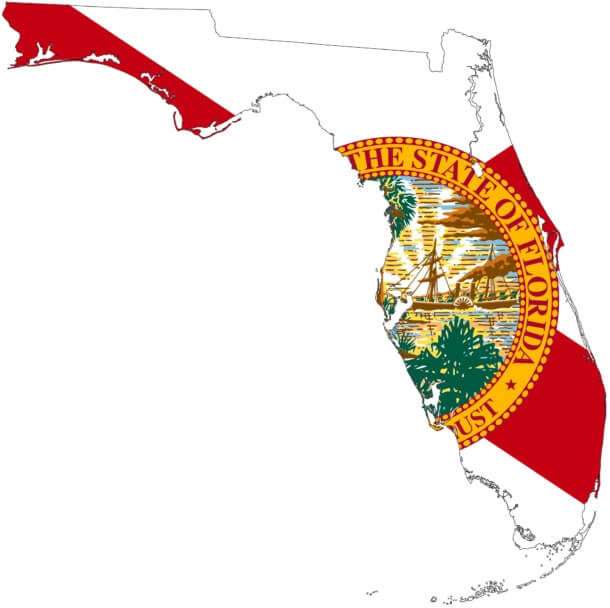The Catalan regional government has accused the Spanish authorities of behaving like Turkey, China and North Korea by blocking websites designed to help people vote in Sunday’s independence referendum.
Over the past week the Spanish government has stepped up its efforts to stop the unilateral vote by deploying thousands of extra police officers to Catalonia and taking control of the region’s finances.
It insists the referendum is illegal and a clear violation of the Spanish constitution.
The Catalan high court has assumed control of efforts to prevent the vote, instructing local and national police officers to stop public buildings being used as polling stations and to seize any material related to the referendum.
On Wednesday evening, Judge Mercedes Armas said the court would take over from the regional prosecutor, adding that recent events had shown that Catalonia’s pro-independence government had “clearly breached” the constitutional court rulings prohibiting this Sunday’s vote.
Armas said the Catalan regional government’s repeated attempts to circumvent a ban on using websites to promote and facilitate the referendum had “consistently shown that the poll will go ahead”.
The judicial intervention came hours after Catalonia’s regional police force, the Mossos d’Esquadra, expressed reservations over being tasked with shutting down polling stations, warning of the risk of “a disruption of public order”.
In a series of tweets on Wednesday, the force said it had told the regional prosecutor that following orders to stop the vote would not lessen officers’ “professional responsibility to consider whether applying them could bring unwanted consequences”.
It stressed the need for particular care over the “principles of opportunity, proportionality and agreement” when it came to the policing operation.
As well as arresting 14 Catalan government officials and seizing almost 10m ballot papers, police and the courts have been taking down websites connected to the referendum.
On Monday police summoned 17 people for questioning over the development of web platforms related to the vote.
A police spokesman told Agence France-Presse the 17 were suspected of “disseminating a website for people to participate in a referendum declared illegal by the constitutional court”. He said they were alleged to have “made it easy for people to get documents … to organise the plebiscite”.
Catalonia’s regional president, Carles Puigdemont, has tweeted links to websites telling people where to vote on Sunday, but the posts were removed after a court ordered that sites used to share such information be blocked.


